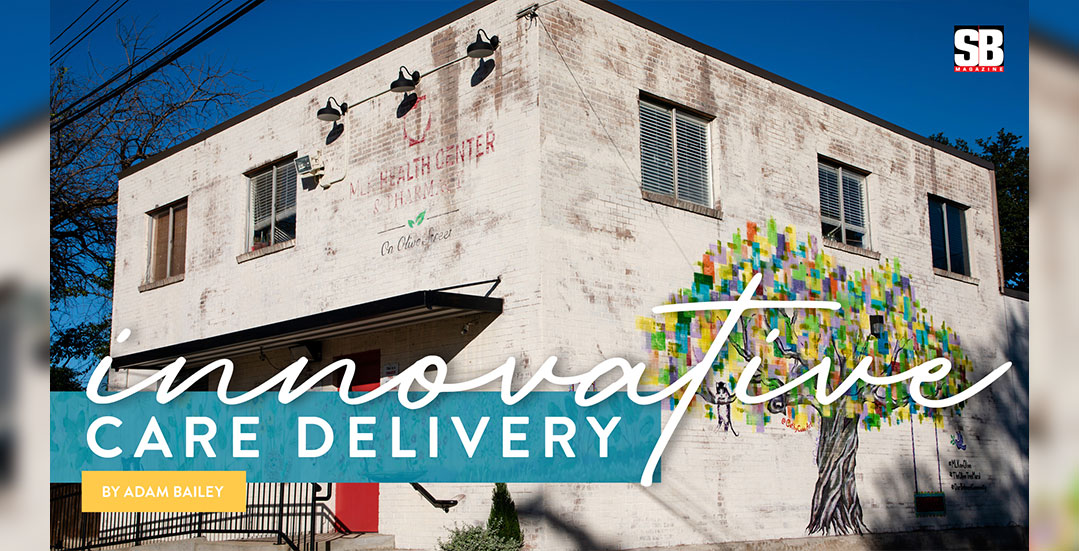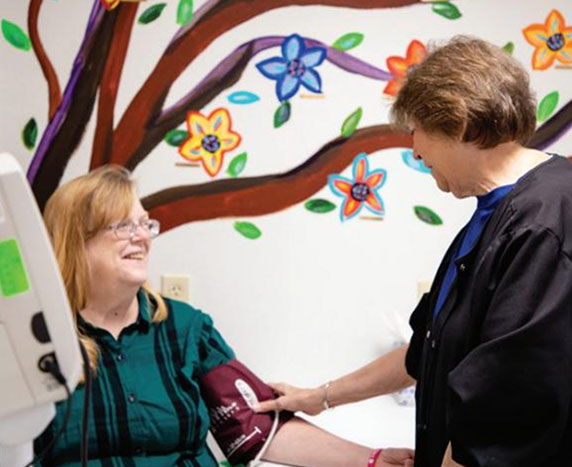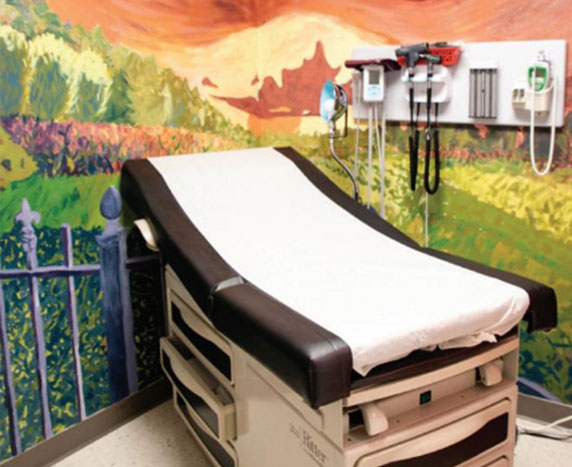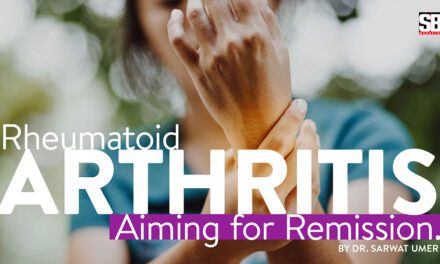Can a simple change in the delivery of care impact patients’ health? With its mission—to extend comprehensive primary healthcare and pharmacy services at no cost to uninsured patients with chronic illness who otherwise often forgo routine medical care because of a lack of resources— the MLK Health Center & Pharmacy in Shreveport strives to make an impact on the wellness of their community and the people they serve through group medical visits and patient centered care.
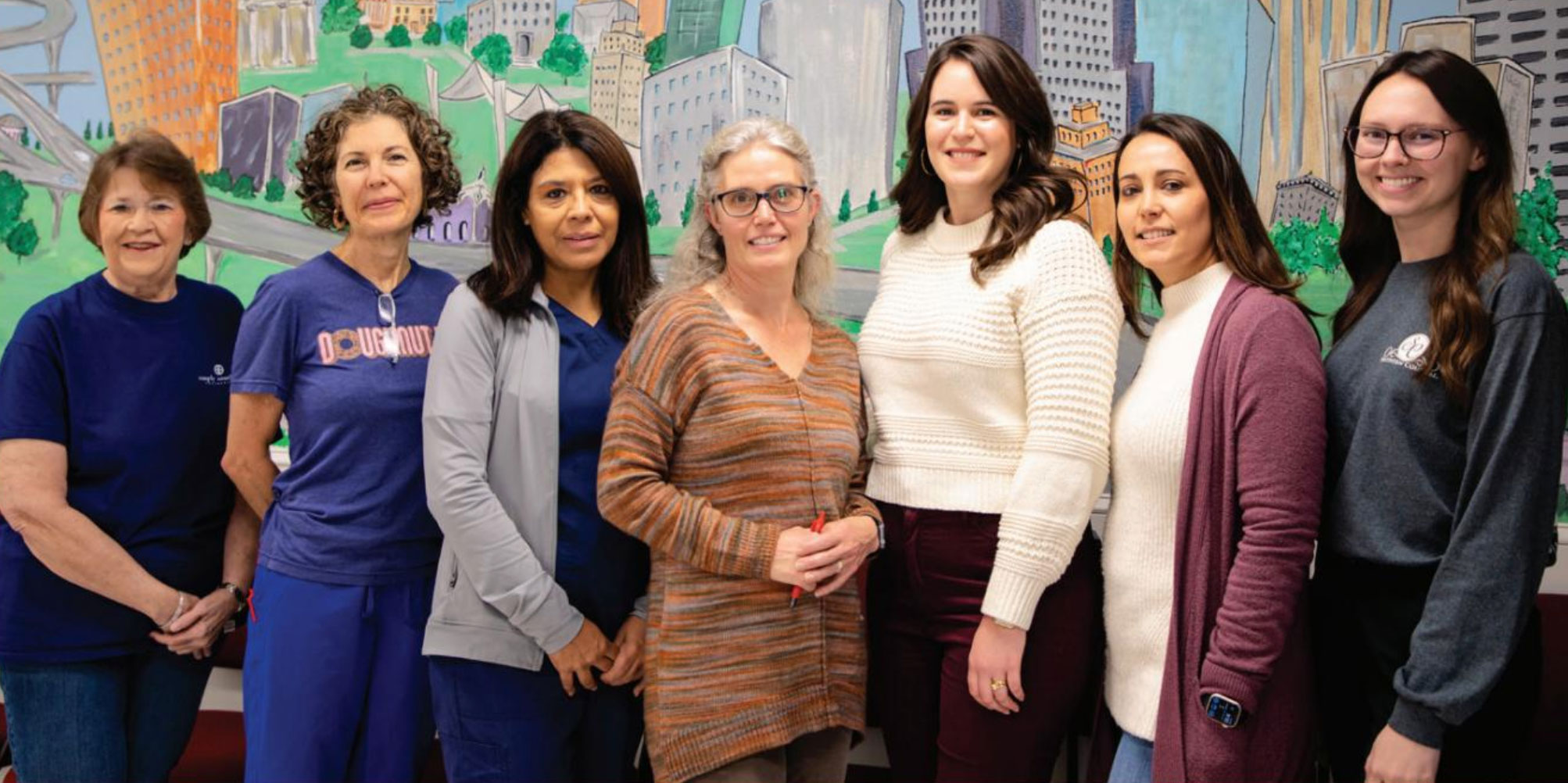
Shreveport, LA. The Martin Luther King Health Center, located on Olive Street, is a free/charitable health center and pharmacy that serves over 1,500 low-income patients, many who are uninsured and underinsured with chronic disease. The Center was founded in 1986 by LSUHSC School of Medicine Resident, Dr. Robert H. Jackson, and the late Sister Margaret McCaffery. Today, the center serves as a safety net for patients that do not have the resources to obtain quality health care and needed medications. They play an important role in Louisiana’s medical history by holding the first Charitable Pharmacy permit issued by the Louisiana Board of Pharmacy. Today, the center and pharmacy provide services to people in their community.
BACKGROUND.
Diabetes, heart disease and other chronic medical conditions are costly, requiring medication and multiple checkups each year and are especially prevalent for those that lack health insurance and often, access to adequate health care. Many of the risk factors contributing to these conditions are preventable through lifestyle changes—this is prompting health care providers across the country to rethink their approach to chronic disease care, prevention, and patient engagement.
The MLK Health Center & Pharmacy has recognized this shift and adopted a unique scheduling and innovative care delivery model that promotes access, continuity of care and a true patient-centered approach. They have also implemented a diabetes prevention program targeting patients at-risk for developing type 2 diabetes. They provide a great example of the quality of care being provided by free clinics in our country—a critical sector of the U.S. safety net.
INNOVATIVE CARE DELIVERY MODEL. One step into the MLK Health Center & Pharmacy waiting room, adorned with murals painted by local artists and educational tools for patients, it becomes clear that this health care organization serves as a true health home for the people they serve. One major distinction is that patients greet each other by name in the waiting room. They know each other because, sharing a diagnosis of diabetes, their appointments are grouped together. Jordan Ring Scroggs, Executive Director of MLK, explained that the center, under the leadership of progressive medical director, Dr. Robert Jackson, has always endeavored to enhance the quality of care they provide and proactively engage patients with chronic disease. “We are always striving for ways to better serve our patients and improve their outcomes. And setting up clinic days for patients—having patients with the same condition come in regularly as teams with assigned providers—is just another way to ensure that patients aren’t slipping through the cracks and are getting the care they need.”
Patients are assigned to a group and a specific clinic day based on their diagnosis. Every three months, patients assigned to the diabetes clinic attend their visit as a group—all the patients arrive at the same time for their appointments so they can connect and socialize. Patients receive care from their assigned provider individually. Each patient has their labs and diagnostics done on site. Their care team, which includes a physician and a nurse practitioner (often advanced practice nursing students under the supervision of faculty), ensures that patients get all the recommended care for diabetics. If necessary, staff refer patients to on-site specialists such as an endocrinologists or nephrologists. The center has a well-stocked charitable pharmacy to ensure their patients have access to critical medications at no cost. Patients also join in health education and information sharing sessions. Staff are trained in motivational interviewing and work to set health goals with patients.
This group appointment approach has an impact. “We have shown that our approach produces enhanced patient understanding of their conditions and improves health related behaviors,”
claims Scroggs. “We have also shown statistically significant improvement in a critical measure of diabetes control. Other outcomes related research is underway.”
Beyond creating a community inside the center, the staff works to foster connections outside as well. They have a robust volunteer program that includes nursing students and faculty from their local medical and nursing schools. Volunteers organize and participate in community wellness events, health screenings, mobile health clinics, emergency response efforts, and make it a point to collaborate with other care providers and groups in the communities they serve.
This account of group visits in action highlights the impact this type of approach has on patients and their families. Simply providing an opportunity for patients to connect and share with others in similar situations can boost the feeling of humanity in medicine and improve the overall experience of care for those who would otherwise be underserved.

